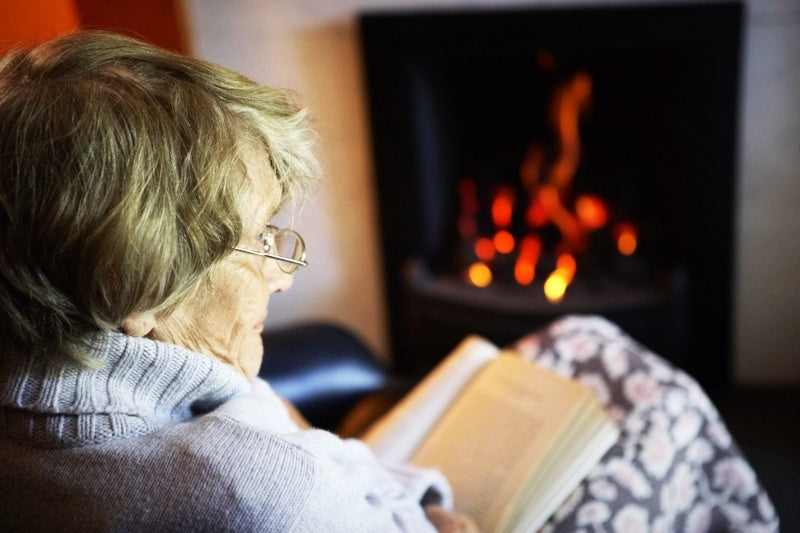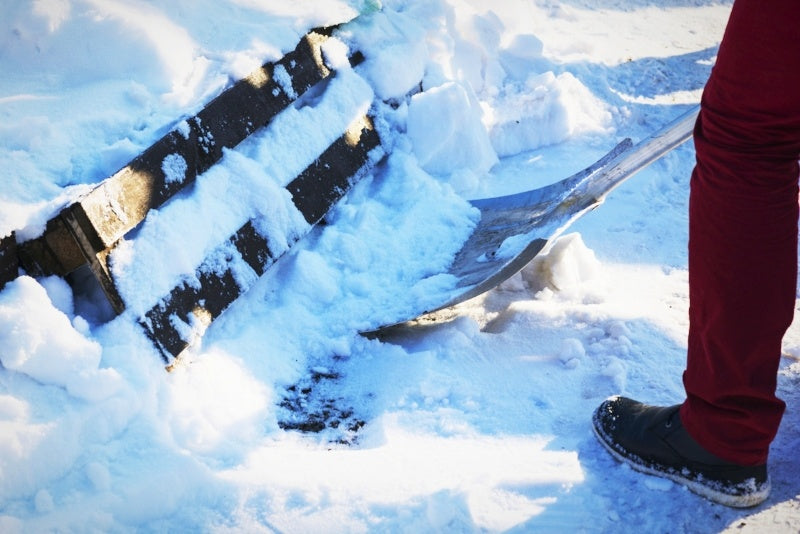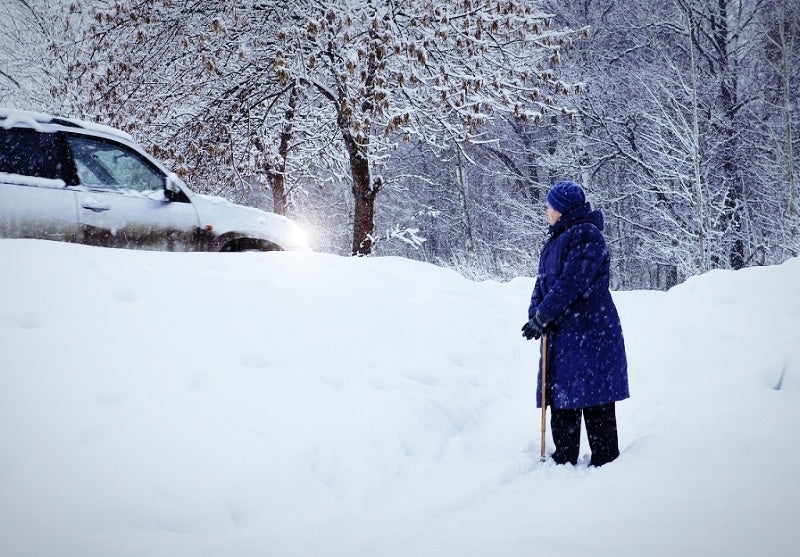
Safety should always be a top priority, for any age group and at any time of year, but for older adults, winter is a particularly accident-prone season. Wintertime safety measures, therefore, merit extra attention and special caution for senior citizens.
-
Ask for help: When winter arrives, it will be tougher to get around and do ordinary tasks. There will be snow/ice built up on the driveway and outdoor walking areas. Shoveling snow can put great stresses on one's body, and even just walking to the mailbox can be hazardous in rough weather. It's far better to ask for help from friends, neighbors, and family — or even to hire out certain tasks — than to take undue risks.
-
Dress for the weather: When venturing outdoors, be aware of the temperature, wind chill, and humidity. Dress for conditions. Frostbite, and especially hypothermia, are very common among older adults during winter, so dress in layers, with hat, gloves, scarf, winter coat, warm socks, and all. Consider getting an app that tells you your body temperature at all times, and never let it drop below 95º F (35° C) without heading back inside.
-
Prevent slip-and-falls: In every way possible, minimize the risk of a slip-and-fall accident. Be sure your footwear is slip resistant and provides good traction. Keep the path from your main entryway to your car free of snow and ice, along with the driveway. And inside, use absorbent doormats and take off shoes upon entering to prevent puddling.
-
Be prepared for power outages: Winter storms will occasionally cut off power supplies for one or several days, and unless you're prepared ahead of time, such outages can be extremely dangerous. Arrange for someone to contact you following a storm, and always have a line of communication open. Store "survival supplies" like flashlights, blankets, non-perishable food products, bottled water, hand warmers, and a battery-operated emergency radio.
-
"Winterize" your car: Get your vehicle ready for winter by having a general safety check done in late fall. The inspection should include the tires, brakes, battery, engine, wiper blades, power steering, exhaust, gas lines, oil, radiator, starter, and every other component of the car that could pose a danger if it failed during the cold season.
-
Check your detectors: Both smoke and carbon monoxide detectors should be installed if you don't already have them, and if you do, then the batteries need to be checked and possibly replaced. Heaters used during winter can pose a risk of both fire and carbon monoxide, so it is especially unwise to let your alarms go out of commission this time of year.
-
Eat a balanced diet: During winter, the tendency is to spend much more time indoors and to take fewer trips to the grocery stores for fresh produce and other vitamin-rich foods. Vitamin-D deficiency is especially common during winter, so guard against it by eating plenty of milk, whole grains, and tuna/salmon.
- Guard against depression: It's easy to lose contact with others during the winter, when people spend more time at home instead of risking travel over snow/ice. Use phones and the Internet to keep up conversations with others, and arrange to meet with a friend or neighbor on a daily basis if possible.
Winter can be a dangerous time of year for everyone, but the elderly are especially at risk. Older adults should make a conscious effort at wintertime safety before the first snow, and friends and family should take an interest in making sure they are truly prepared for winter.


